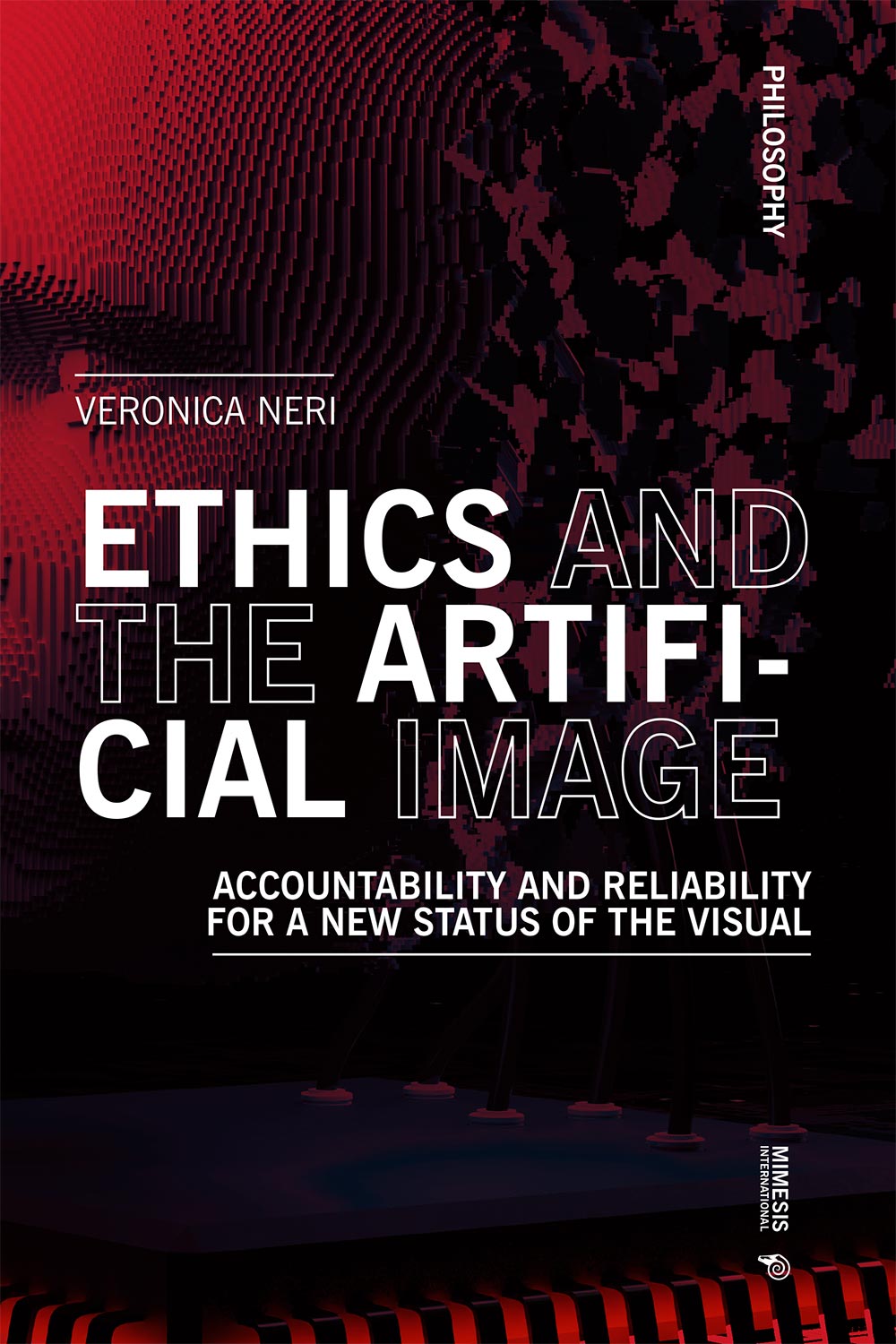The book focuses on the emerging ethical issues related to the dissemination of images produced by artificial intelligence. With the introduction of generative AI, it has become necessary to rethink the status of the image and the concept of imagination from an ethical perspective. The author discusses, in particular, the role of visual generative AI in advertising communication and in the domain of visual information, focusing on the polarizing power and biasing effects of certain images. Many ethical issues intersect with European regulations concerning techno-artificial images, for example in relation to copyright, co-authorship, bias, privacy, liability, etc. In conclusion, a reflection is offered on the fundamental role of ethics in the design of AI and on the ways in which generative AI models are used and brought into relation. The vulnerability of systems and individuals to the risk of an increasingly simulacral reality, and to the anesthetization of our gaze, is analyzed. Will technological progress, then, remain at the service of humanity, fostering ethical awareness, or will it lead us toward uncertainty and radical nihilism?
Veronica Neri is Associate Professor of Moral Philosophy at the University of Pisa, where she teaches Media Ethics. She is a member of the PhD Program Board in Philosophy at the Universities of Pisa and Florence, and serves on the editorial board of the journal “Teoria”. Her latest publications include contributions on the ethics of public communication, advertising and fashion ethics, media ethics, and the ethical implications of visual media and artificial intelligence, published in both national and international journals.

